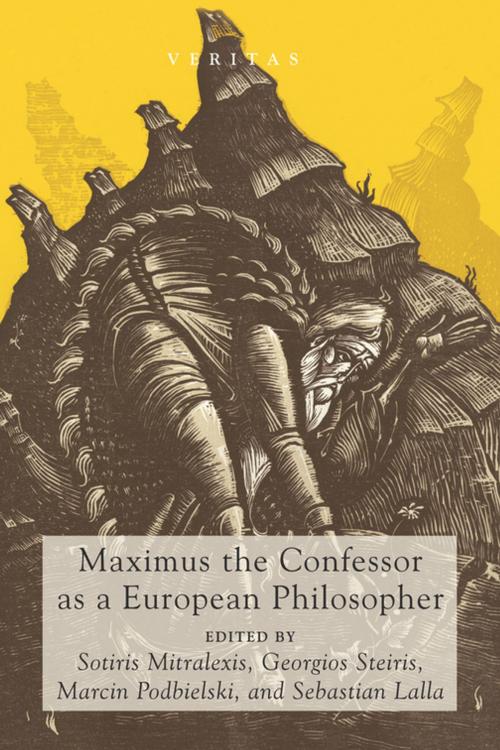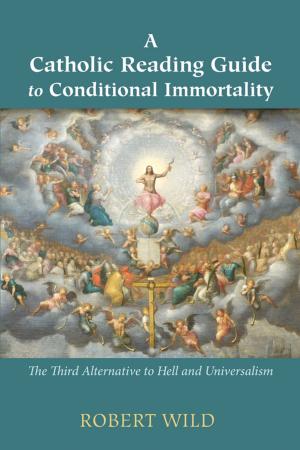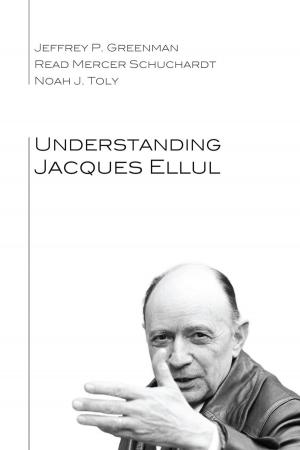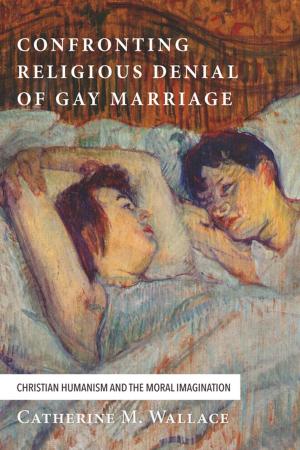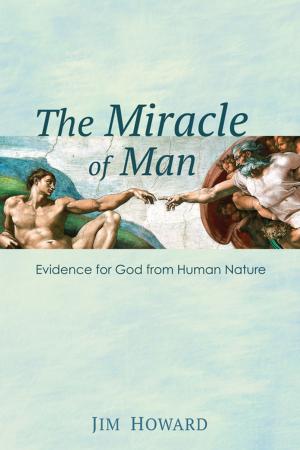Maximus the Confessor as a European Philosopher
Nonfiction, Religion & Spirituality, Philosophy, Religious| Author: | ISBN: | 9781498295598 | |
| Publisher: | Wipf and Stock Publishers | Publication: | September 18, 2017 |
| Imprint: | Cascade Books | Language: | English |
| Author: | |
| ISBN: | 9781498295598 |
| Publisher: | Wipf and Stock Publishers |
| Publication: | September 18, 2017 |
| Imprint: | Cascade Books |
| Language: | English |
The study of Maximus the Confessor's thought has flourished in recent years: international conferences, publications and articles, new critical editions and translations mark a torrent of interest in the work and influence of perhaps the most sublime of the Byzantine Church Fathers. It has been repeatedly stated that the Confessor's thought is of eminently philosophical interest. However, no dedicated collective scholarly engagement with Maximus the Confessor as a philosopher has taken place--and this volume attempts to start such a discussion. Apart from Maximus' relevance and importance for philosophy in general, a second question arises: should towering figures of Byzantine philosophy like Maximus the Confessor be included in an overview of the European history of philosophy, or rather excluded from it--as is the case today with most histories of European philosophy? Maximus' philosophy challenges our understanding of what European philosophy is. In this volume, we begin to address these issues and examine numerous aspects of Maximus' philosophy--thereby also stressing the interdisciplinary character of Maximian studies.
The study of Maximus the Confessor's thought has flourished in recent years: international conferences, publications and articles, new critical editions and translations mark a torrent of interest in the work and influence of perhaps the most sublime of the Byzantine Church Fathers. It has been repeatedly stated that the Confessor's thought is of eminently philosophical interest. However, no dedicated collective scholarly engagement with Maximus the Confessor as a philosopher has taken place--and this volume attempts to start such a discussion. Apart from Maximus' relevance and importance for philosophy in general, a second question arises: should towering figures of Byzantine philosophy like Maximus the Confessor be included in an overview of the European history of philosophy, or rather excluded from it--as is the case today with most histories of European philosophy? Maximus' philosophy challenges our understanding of what European philosophy is. In this volume, we begin to address these issues and examine numerous aspects of Maximus' philosophy--thereby also stressing the interdisciplinary character of Maximian studies.
